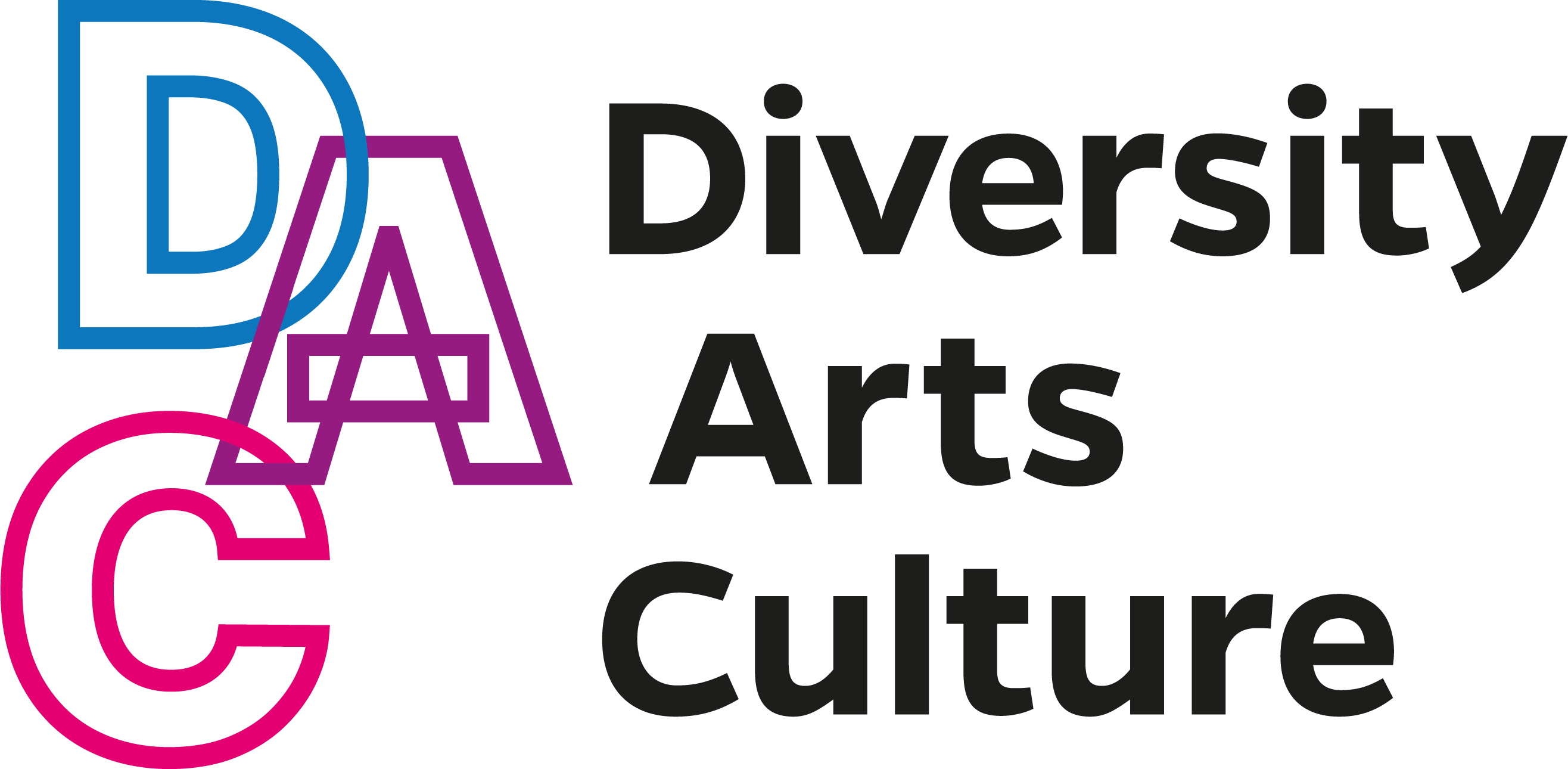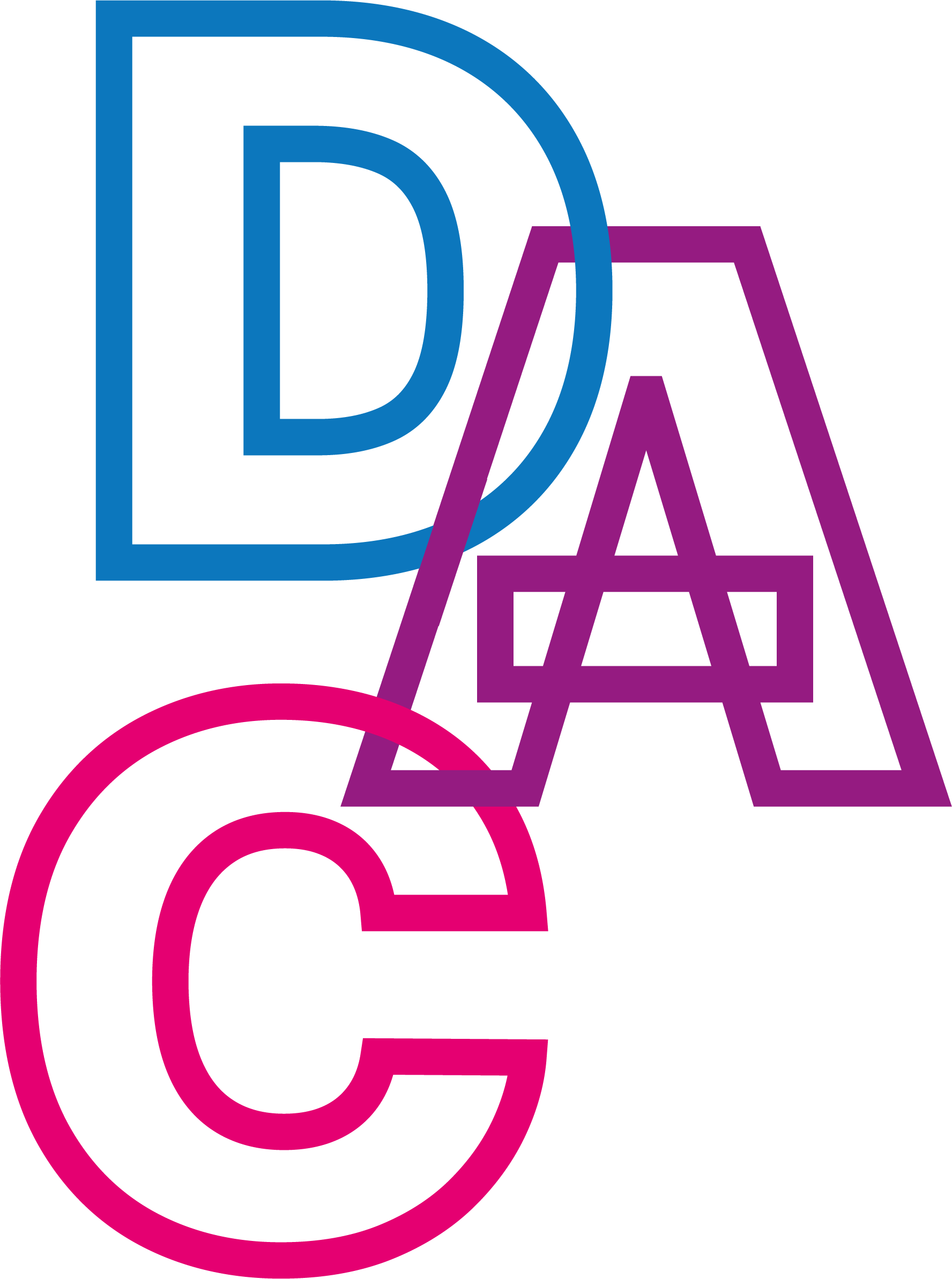Diversity Competency
What is Diversity Competency?
We use the term diversity in a manner that critically engages discrimination. We understand diversity competence as knowledge about the mechanisms of structural discrimination and privilege. Diversity competency allows us to explore our scope as it relates to anti-discrimination work and contribute to dismantling barriers within the cultural sector.
What services strengthen diversity competency?
We offer professional trainings to support cultural sector specific competency building that critically engages discrimination. Our services are geared towards people working in the cultural sector, either within institutions or as freelance cultural workers. The trainings offer an opportunity for professionals to increase their awareness about their own privileges and participate in diversity-oriented structural change. Additionally, our professional development trainings seek to promote networking opportunities amongst those who critically engage discrimination within the cultural sector, and support them within their respective contexts.
We offer various empowerment programs for marginalized cultural workers.
From Theory to Practice: Our Workshop Content
In our workshops we offer impulses for self-study on the topic of anti-discrimination and invite participants to engage with different dimensions of discrimination, including racism, ableism or classism. We focus on supporting particpants in identifying their own privileges, so that they can use the resources connected to those privileges to create structural change.
We teach methods, which support participants in applying their anti-discrimination competency to their professional practice within the cultural sector.
Many questions cannot be adequately addressed within the context of the workshop. Independent and continuous study on the topic of anti-discrimination is therefore required. Applying anti-discrimination in practice, which many participants find the most interesting aspect of the work, strongly depends on the context of the institution and its work culture. The workshop is therefore less about finding the ‘perfect’ solution to individual problems, but rather focuses on furthering participants’ competency to problem solve.
Workshop Levels: Which Workshop is suitable for me?
Evaluation of our workshop programs over the last few years showed that workshop participants’ knowledge and experience with diversity differs greatly. We therefore decided to divide our workshop program into different sections, so that we can better respond to varying needs.
To receive an introduction on the topic of anti-discrimination (or to refresh your knowledge on the subject), have a look at our tool box. It includes a selection of basic texts and resources.
In our magazine you can find a collection of practical tips by filtering for diversity competency within our rubric.
Our workshops are divided into three levels:
- Level 1 – Offers the fundamentals on the topic of structural discrimination and helps cultivate an understanding for one’s own privileges; this workshop serves as an introduction for subsequent workshops
- Level 2 – Deepens knowledge about different dimensions of discrimination and offers insights into their intersections; participants are expected to have a basic understanding about structural discrimination and privileges
- Level 3 – Involves the successful implementation of anti-discrimination into practice, explores participants’ scope of action and reviews concrete ideas and measures with others in the workshop; participants are expected to have a thorough understanding of the workshop content from level 1 and 2 and engage in continuous self-study
Of course not all workshop levels need be attended at Diversity Arts and Culture in this order. Knowledge acquired through self-study or at anti-discrimination trainings about the above mentioned topics can also count towards the requirements to participate in higher level workshops. i-Päd – intersectional pedagogy and Phoenix also offer introductory workshops on anti-discrimination.
We recommend that beginners take at least 2-3 introductory workshops (level 1-2) before moving on to questions about practical application of anti-discrimination in level 3.
Who leads the workshops?
The workshop are offered by different facilitators working on our behalf. Workshop formats are developed or enhanced in close collaboration with us. Approaches, foci and methods can differ from workshop to workshop, even within the same workshop level.
How much do the workshops cost?
All workshops are free. However, the number of participants for every workshop is limited. A maximum number of participants (depending on the type of workshop) guarantees a good working environment and allows for exchange among participants. If you register for a workshop, we will contact you after the registration deadline has passed and inform you whether or not we will be able offer you a spot.

